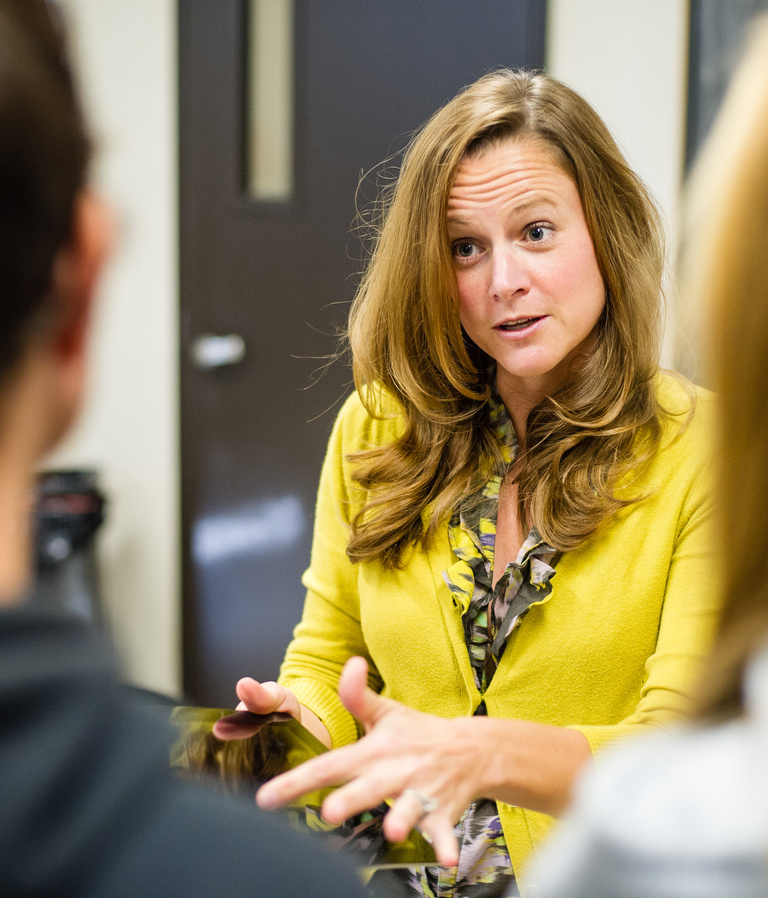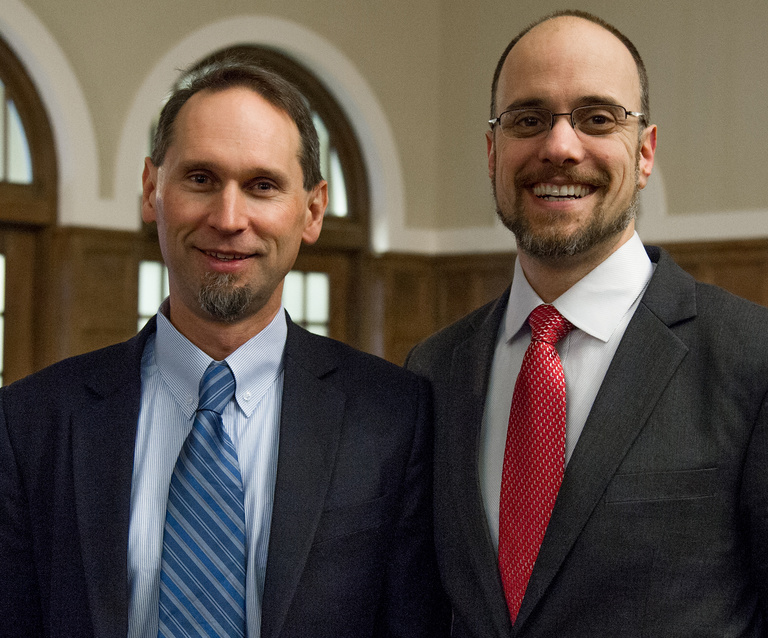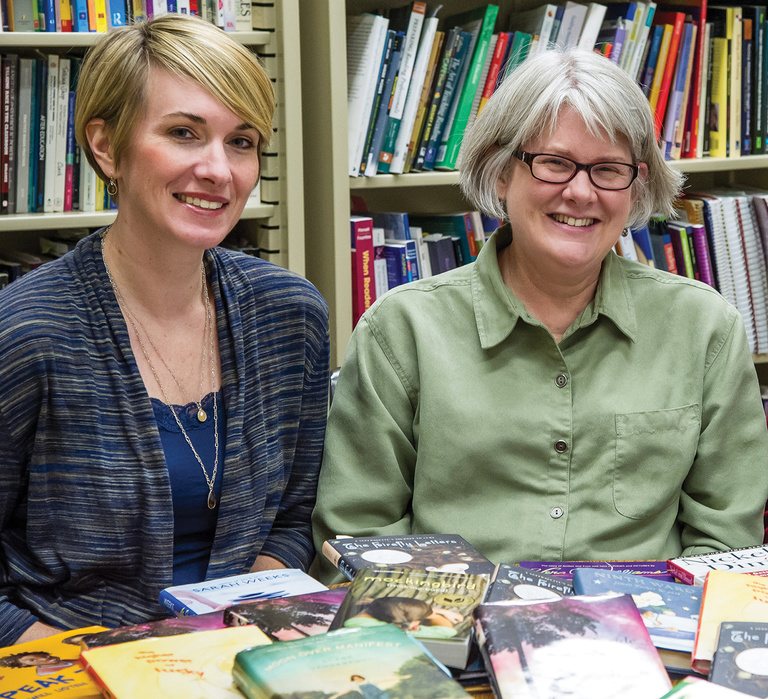Since 2005, University of Iowa College of Education faculty scholars have been awarded more than $25 million in external funding. Current projects include everything from recruiting diverse doctoral students, to measuring the efficacy of play therapy, to an afterschool program encouraging girls to find strong role models in literature.

Allison Bruhn, assistant professor of Special Education, received more than $81,000 from the Roy J. Carver Charitable Trust to pilot an iPad app she has created to help students with both behavioral and reading challenges.
The app is meant to encourage self-monitoring and evaluation among students and provide feedback to teachers. Bruhn will follow up to 10 middle school students and their teachers as they use her app over a one year period. The pilot study will help identify areas for app improvement and attempt to determine whether or not the app is superior to traditional self-monitoring methods.
Also in the Special Education program, professors Bill Therrien and John Hosp have received a more than $1.2 million U.S. Department of Education Grant through the Office of Special Education and Rehabilitative Services for a five-year project to recruit and train special education professors. The UI is the only four-year institution in Iowa with a Ph.D. program in special education.

“There is a critical shortage of special education teachers in the state and nationwide. Similarly, there is a shortage of special education professors,” Therrien says. “We need special education professors if we hope to competently train new special education teachers. Our graduates will help fill this void.”
The project, known as Special Education Leaders Applying Research in Schools (SELARis for short), will support six doctoral students with a specific effort to recruit students from underrepresented groups. The students will start as early as spring 2014.
Robert Ankenmann, associate professor of Educational Measurement and Statistics, has secured almost $400,000 in U.S. Department of Education funding through the Graduate Assistance in Areas of National Need program to fund three incoming graduate students from underrepresented groups to the program in an effort to strengthen and diversify the field of educational measurement and statistics.
Christopher Morphew, professor of Higher Education and Student Affairs, received more than $116,000 as part of a four-year collaborative National Science Foundation grant with scholars from The Ohio State University, the University of Illinois, Penn State University, and the American Institutes for Research examining the impact of different research funding structures on the training of future scientists, particularly graduate students and postdoctoral fellows, and the impact on their subsequent outcomes.

Professors Renita Schmidt and Amanda Thein of the Language, Literacy, and Culture program, have received funding from two sources to continue their ongoing project, Strong Girls Read Strong Books. They received a $2,000 grant from the Dollar General Literacy Foundation and $4,500 from the Iowa Women’s Foundation for their work that engages fourth- through sixth-grade girls in an afterschool book club and offers opportunities for a research team of College of Education undergraduate and graduate students.
Volker Thomas, associate professor and coordinator of the Couple and Family Therapy Program, secured more than $3,000 from the Tanager Place Research Center to fund his study examining play therapy with pre-K and elementary children and their families. Through this project, a team of therapists are studying 20 families participating in filial therapy, a form of play therapy that involves parents learning interactive techniques to continue at home. The study aims to discover if filial therapy is effective in improving child behaviors and family interactions.
Deborah Linebarger, associate professor in Teaching and Learning, is studying whether or not preschoolers can learn delayed gratification from Cookie Monster.
Linebarger’s project is funded by a $45,000 grant from the Sesame Workshop, the nonprofit behind the successful Sesame Street television program. She will observe children in three groups. One will watch a set of clips like this one showing Sesame Street’s Cookie Monster practicing delayed gratification. The second group will watch clips that do not demonstrate delayed gratification. The third group will not watch any clips. Linebarger and her team will then test to see if the children from each group are able to practice delayed gratification.
“These skills are critical for school readiness because a formal school situation requires that children control impulses, follow directions, transit smoothly between activities, and focus on relevant task information,” Linebarger says. “These skills also predict other academic skills including reading, math, and science. “
Dean Nicholas Colangelo says College of Education faculty members are successful in attaining grants from a variety of sources and engage in a “rich diversity of research.”
“Our faculty members consistently bring new knowledge and innovation to the classrooms and to the community,” Colangelo says.